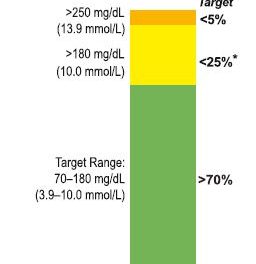A major driver of health issues in people with obesity is the low-grade inflammation that is associated with excess visceral (central) fat in particular. Chronic inflammation increases the risk of diabetes, cardiovascular disease, some cancers, severe COVID-19 infection, and reduces life expectancy.
We know that physical activity is good for health in many aspects. Can exercise reduce inflammation related to obesity, and if so, how?
A review, published in the journal Obesity, addresses this question.
First off, some background. Believe it or not, less than half of the cells in fat tissue are actual fat cells. There are many other cell types in fat tissue, including immune cells. Activation of immune cells in excess fat tissue is the main driver of the chronic, low-grade inflammatory state. As noted above, this is the same inflammatory state that puts people with obesity at higher risk of severe COVID-19 infection.
Clear evidence shows that exercise training reduces inflammation caused by obesity. However, it remains poorly understood exactly which cell types are affected, or exactly how this works. The authors postulate that endurance exercise may result in decreasing fat mass, decreasing immune cell recruitment and infiltration into excess fat tissue, possibly immune reprogramming, decreasing excess immune cell production, and improving the hormonal function of fat tissue.
It is important to note that the benefits of exercise are not dependent on weight loss – in other words, whether or not the numbers change on the scale, inflammation decreases with regular physical activity.
How does dietary-induced weight loss compare to exercise on the inflammation front? There is emerging evidence that the inflammatory state of obesity can certainly improve after dietary-induced weight loss, but exercise may have additional/different anti-inflammatory effects that may be more impactful towards maintaining health. The authors note that with dietary change alone, the inflammatory environment may not fully normalize, thereby contributing to ongoing health issues and possibly to weight regain.
There are also data showing reduction in inflammation with obesity medication and bariatric surgery. Whether this is due to weight loss alone, or whether additional mechanisms are at play, is an interesting topic for expanded research.
BOTTOM LINE: Physical activity can reduce inflammation associated with obesity, even if no weight is lost. As always, weight management is about improving health, and not the numbers on the scale!
And remember the quote from my recent Words of Wisdom post, from a patient of mine: Ramp up activity in mini steps. I could not walk due to knee injury and was told to walk an hour a day, which I couldn’t do. I felt like a failure. My next doctor encouraged me to increase activity in acquirable steps. This allowed me to feel like a success!
Check out the Obesity Canada Guidelines chapter on physical activity to learn more about the benefits of physical activity!
Share this blog post using your favorite social media link below!
Follow me on twitter! @drsuepedersen
www.drsue.ca © 2022












